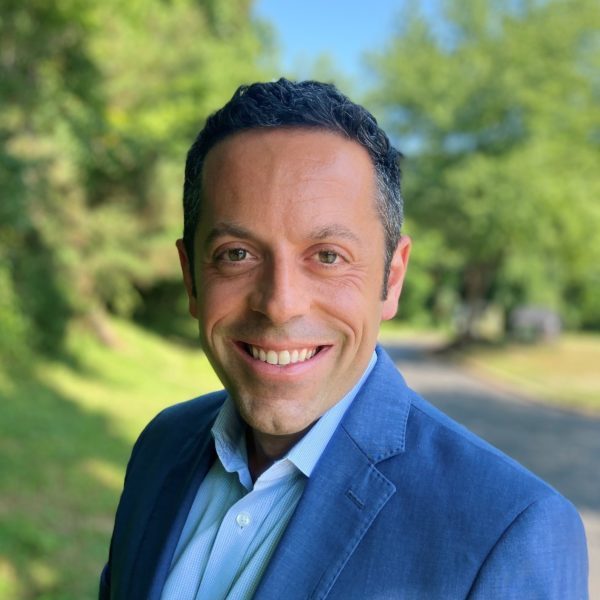“From the certainty that God's grace is with us comes the strength to take courage in the present moment.”
– Pope Francis
Recently, I was facilitating a focus group of leaders in a diocese. A young bishop, early in his new home, was looking to identify some priorities for the next few years. As I opened with the first question and began to take notes, I was struck by how universally fixated these six individuals were on their frustrations with a previous bishop. The name didn’t sound familiar, so I clarified as to which bishop they were directing their frustration. It wasn’t the prior bishop, nor even the one before him. Their frustration was with a man three bishop appointments ago who had long since passed away.
Listening intently, I attempted to draw out the potential insights that would be relevant for this new leader. However, at some point, the most frustrated participant demanded an answer from me. “Under Bishop X, we did something like this, and nothing ever came of it,” he repeated. “What guarantees can you make that that won’t happen again?” After answering “none,” I reminded my interrogator that I wasn’t the new bishop, nor did I live or work in the diocese. My job was simply to facilitate their conversation. The snarky side of me wanted to go one step further and point out that I was in fourth grade when Bishop X was in charge, and their new bishop hadn’t even finished seminary, but I restrained myself.
As I finished typing my notes, I recalled more than a few times that I felt or sounded like the participants in my focus group. It’s an occupational hazard, as one who facilitates strategic plans, that you inevitably spend a lot of time talking about the past. Some of this is important and by design. Understanding how an organization or a community arrived at where they are often influences where they feel called to go. A survey of history might also highlight some roadblocks or potholes ahead. However, the fear of history repeating itself often becomes one of the biggest reasons the future never arrives.
Whether it’s in my life or leadership, where is my historical narrative no longer informing my path forward? Is it keeping me going in circles? When does the disappointment or wound I carry - as true as it might be - start to hurt others who weren’t even born? In my lifelong journey with the Lord, where might I need to admit my doubt in His guarantee about a “future full of hope?” As we move forward in this new year, let’s be sure to honor our histories by putting them at the service of helping others and ourselves to move towards the future that God wants for all of us.
CLI serves Church leaders, helping them rediscover their potential and forming them to be more intentional with those they serve.
CLI helps empower and energize Catholic leaders by providing focus and courage to engage the culture with an apostolic mindset.
CLI provides vision and hope about the future of the Church with a humble, yet strategic approach.




